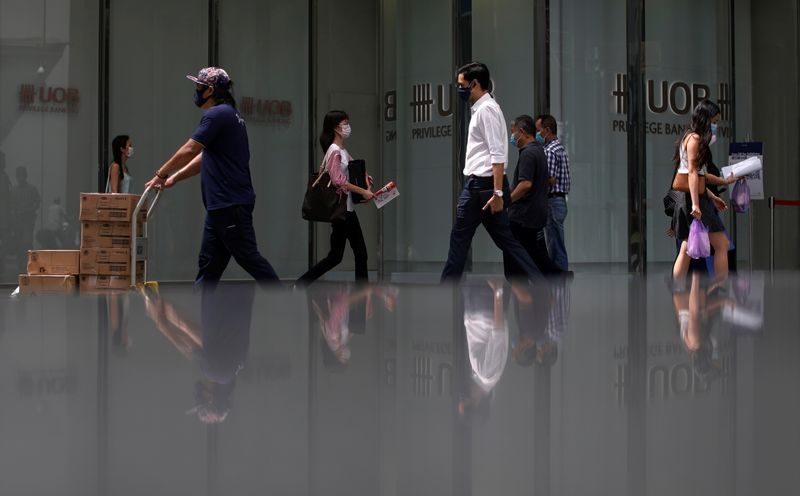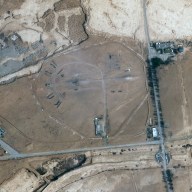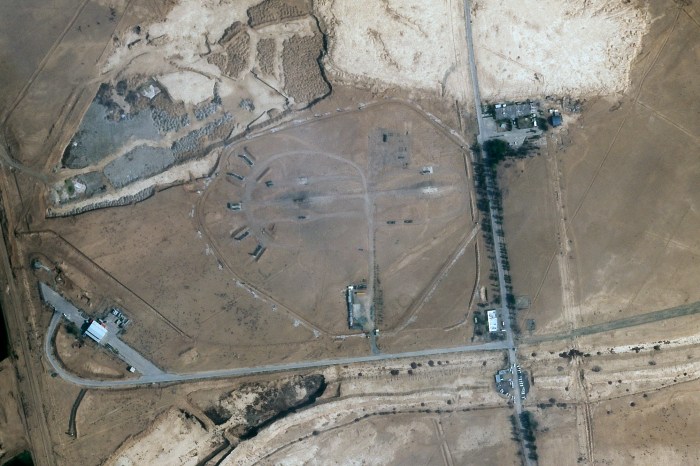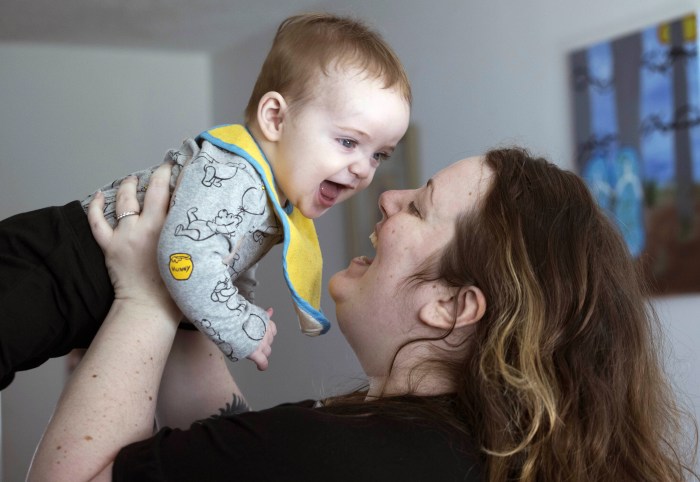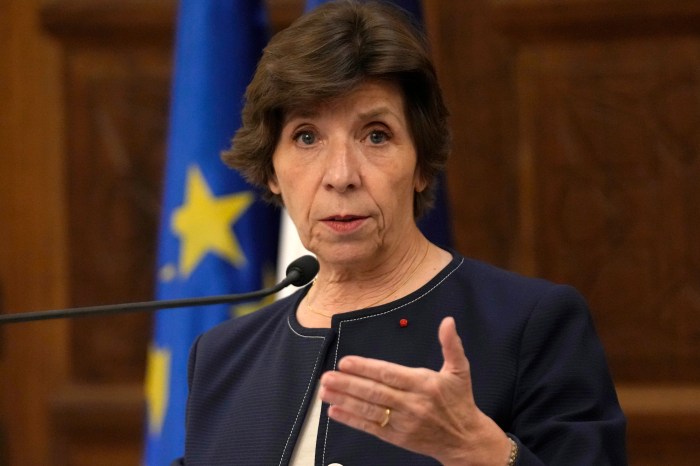SINGAPORE (Reuters) – Singapore will allow quarantine-free entry from next month to travelers from Germany and Brunei who are vaccinated against COVID-19, its aviation regulator said on Thursday, as part of a plan to gradually reopen its borders.
Visitors from those countries can from Sept. 8 bypass the isolation requirement if they test negative in four polymerase chain reaction (PCR) tests.
Border restrictions will also be progressively eased for all travel from Hong Kong and Macau from this Saturday, the Civil Aviation Authority of Singapore said in a statement.
The announcement came shortly after the Hong Kong government said its air travel bubble plan with Singapore had been dropped https://www.reuters.com/world/asia-pacific/hong-kong-singapore-decide-drop-bilateral-air-travel-bubble-2021-08-19. Singapore’s transport ministry said the two territories had different approaches.
Lawrence Wong, finance minister and co-chair of Singapore’s coronavirus task force, said it was important to reopen the country carefully.
“Risk tolerance and risk attitudes will differ from country to country,” he told a briefing.
“We want to get through this pandemic with minimum damage and minimum death toll, while trying to resume life as normally as we can.”
The health ministry said Singapore would also pilot home isolation for fully-vaccinated people who are infected with coronavirus and have mild symptoms. As of Tuesday, 77% of Singapore’s population has had two vaccine shots.
It plans to start vaccinations for children below 12 years old in early 2022, after the safety and efficacy aspects have been studied, health minister Ong Ye Kung said.
(Reporting by Chen Lin; Editing by Martin Petty)

